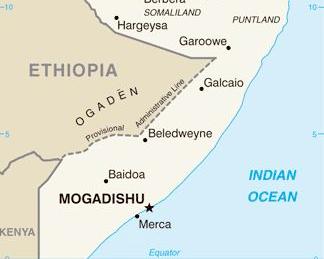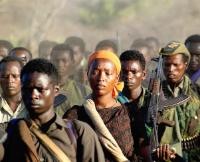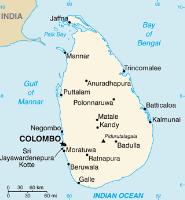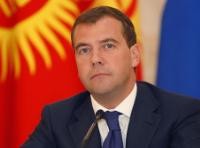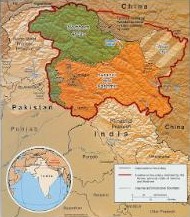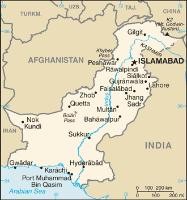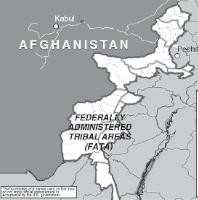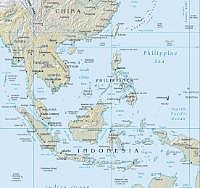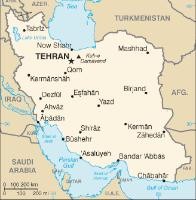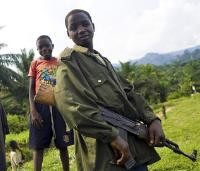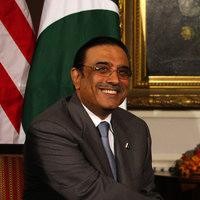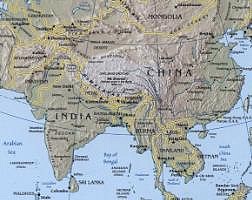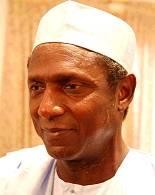
It would be simple to lay the blame for last week’s riots in Jos, Nigeria, at the doorstep of ethno-religious rivalries. This line of analysis always makes sense to outside observers and conforms to the meta-narrative of the “clash of civilizations.” But in Nigeria, nothing is ever that simple. In a move designed to shift the blame for the riots, Hon. Jonah Jang, the governor of Plateau State (where Jos is located), has been issuing statements to the effect that subversive elements from neighboring Chad and Niger were the main perpetrators of last week’s violence, which killed almost 500 people […]

